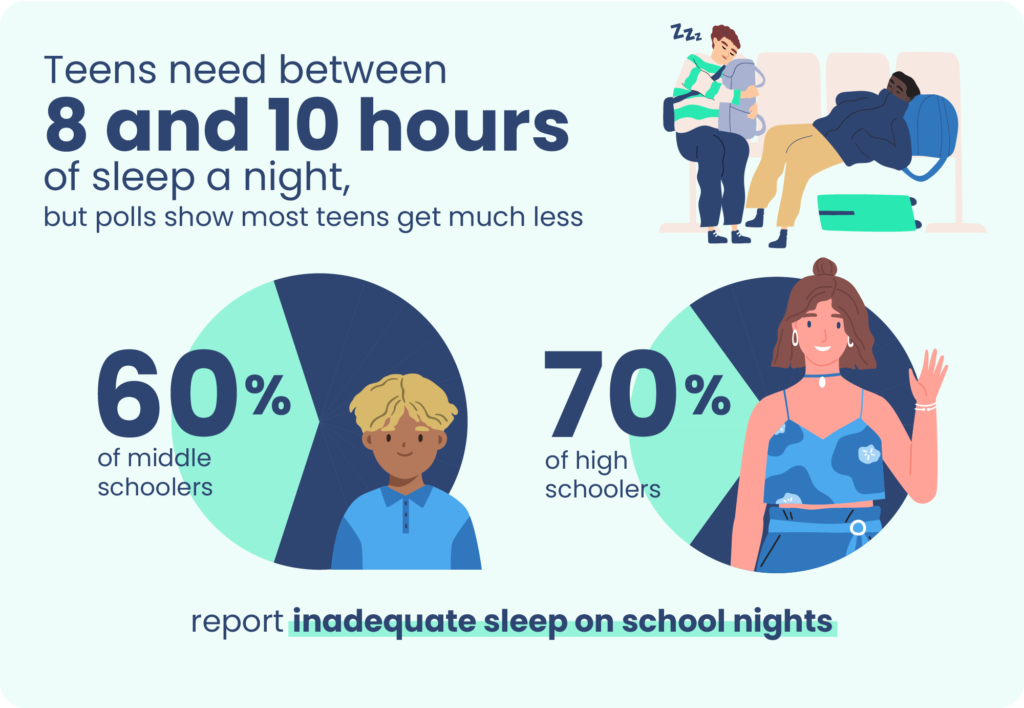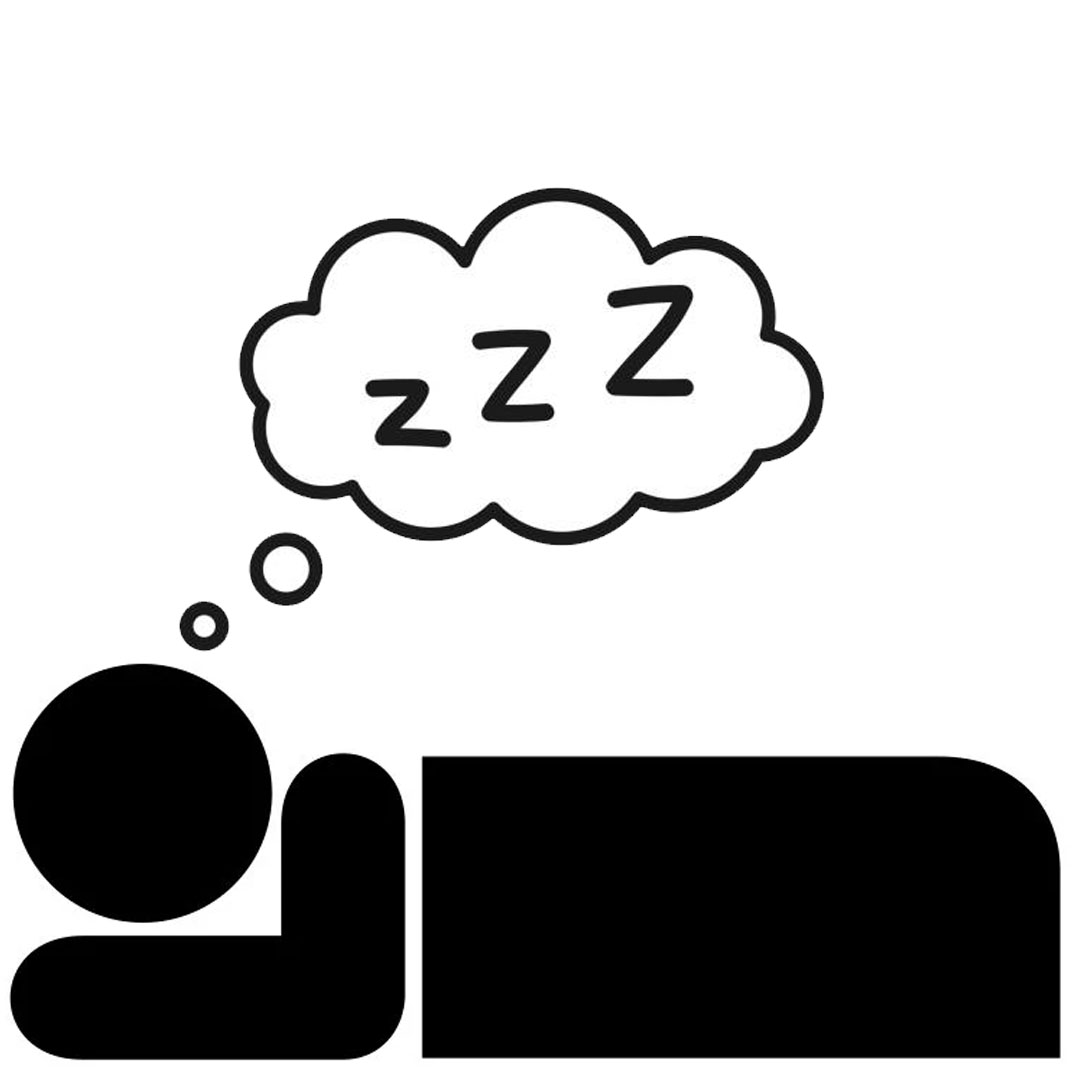Procrastination is more than just laziness; it’s a complex psychological behavior where we delay tasks despite knowing there might be negative consequences. It’s a common struggle, with many students admitting to it, and it’s rooted in our difficulty with self-regulation. Even ancient thinkers recognized this “habitual hesitation.”
The reasons we procrastinate are varied. We might avoid tasks because they seem too difficult or unpleasant, a concept called “discomfort intolerance.” We also tend to prioritize immediate pleasure over future rewards and often misjudge how much time we have or how long a task will take. Perfectionism, or the fear of not doing something perfectly, can also lead to avoidance. Sometimes, underlying conditions like ADHD or depression can make it worse. Our brain’s emotional side often battles with its rational side, leading to delays.
To beat procrastination, we need strategies that help us manage our emotions and change our habits. Breaking big tasks into smaller ones can make them less daunting. Sophomore Derek Brown shared, “Sometimes my procrastination leads to me missing important assignments and I try to fix my procrastination by staying organized and making sure I’m aware of due dates.” Planning ahead with clear deadlines helps define “later.” Reducing distractions and rewarding ourselves for progress can also be very effective. Being kind to ourselves and reframing tasks positively can also help us overcome the urge to delay.







